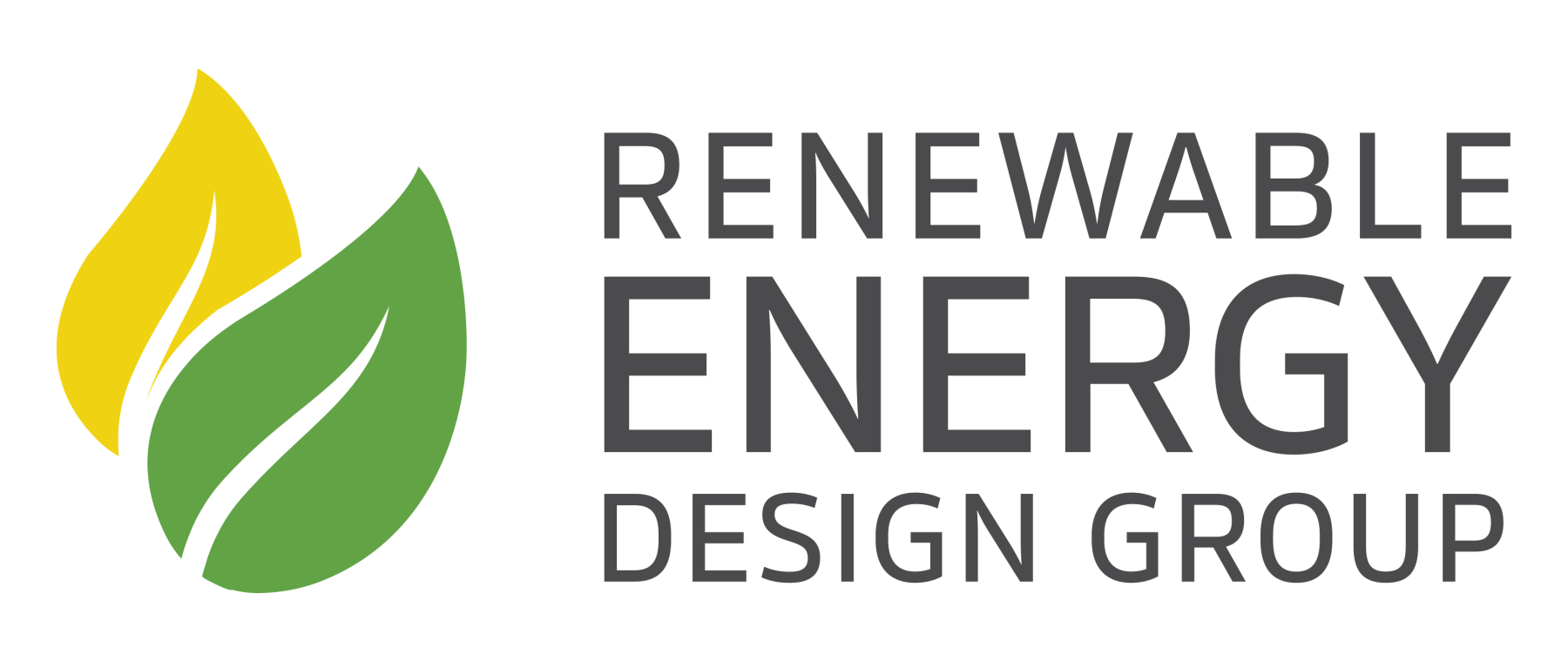If you’re contemplating solar power and curious about the number of solar panels required for your home or business, you’re in good company. This is a common question among homeowners and business owners as they research the benefits of solar energy.
This comprehensive guide will illuminate the key factors that determine the optimal number of solar panels for your home or business. From the size of your building to your daily energy consumption, as well as regional sunlight exposure and other important considerations, we will delve into all the essential details.
How Much Solar Energy Do You Need?
To determine the appropriate number of solar panels for installation, several factors must be considered. These factors encompass your location’s present energy consumption, the level of sunlight available in your region, the efficiency and output of your solar panel system, as well as your overall energy objectives for your home or business. By taking all these elements into account, you can make an informed decision to optimize your solar power setup.
Your Electricity Usage
Determining the ideal number of solar panels for your household or business hinges upon understanding your energy consumption. Kilowatt-hours (kWh) serve as the measurement unit for electricity usage, and this information can be found on your utility bill for each billing cycle.
As an example, a household that uses 900 kWh per month, with an average of five peak sunlight hours per day, will require a larger solar setup compared to a home that consumes only 400 kWh monthly. The energy demand of your household partially determines the amount of solar power you’ll need to generate, impacting the number of solar panels to install.
Having an energy-efficient home or business with LED light bulbs, energy-saving appliances, and proper insulation can significantly reduce your energy consumption. By carefully managing your electricity usage, especially during peak rate hours, you may require fewer solar panels compared to a similar-sized house or building that consumes higher amounts of energy.
Solar Panel Size
The typical size of a solar panel for residential use is approximately 65 by 39 inches, although this can vary depending on the brand. If your roof is small or has an unconventional design, the dimensions and quantity of your solar panels become crucial factors to consider.
If your roof provides ample usable space, you have the option to prioritize larger, more affordable solar panels to achieve your desired energy production. However, if your roof has limited space or is partially shaded, it may be advisable to choose fewer and smaller panels to maximize efficiency.
For commercial solar panel installations, opting for larger panels may help accommodate the higher energy demands of businesses.
Solar Panel Wattage
While solar panels may all look the same at first glance, they possess inherent differences that set them apart. One crucial factor to consider when selecting the optimal solar panels is their wattage. Wattage refers to the electrical output a panel can generate. The majority of solar panels produce between 250 and 405 watts of power. Therefore, it is vital to take into account the panel’s wattage before making an installation decision.
Sunlight and Production
The climate in your region significantly influences the amount of sunlight and energy your solar panels generate. Additionally, areas with inconsistent and less intense sunlight require a greater number of solar panels. With more than 213 sunny days per year, surpassing the average of most other states’ days of sunshine each year, North Carolina has become one of the fastest-growing states for solar energy production. South Carolina experiences a comparable climate, boasting 216 days of sunshine annually. Our recent blog, “Are Solar Panels Worth It In North Carolina?” delves more deeply into the advantages and disadvantages of solar energy production specifically in North Carolina.
There is no one single formula for calculating the number of solar panels needed. An expert solar installer will be able to right-size your system based on your individual energy consumption, sunlight exposure in your area, and other important factors. Our blog, “How To Read Your Solar Proposal” provides tips to help you better understand your solar proposal. By working with a reputable solar installer, you can ensure that your solar panel setup is tailored to meet your specific energy needs and optimized for maximum efficiency.
Investing in Solar Power in North Carolina Is a Wise Decision with Long-term Benefits
If you’re a home or business owner in the Carolinas and have been considering installing solar panels, now is the perfect time to invest. Not only does it benefit your wallet and the environment, it also increases the value of your home or building. Investing in solar panels provides a long-term solution to rising energy costs and promotes sustainability, making it a wise decision for both your present and future.
At RED Group, we are passionate about providing sustainable energy solutions to our clients in North Carolina. We offer customized solar panel installations, tailored specifically to meet your energy needs and goals. Contact us today for a consultation and let us help you invest in clean and renewable solar energy.
